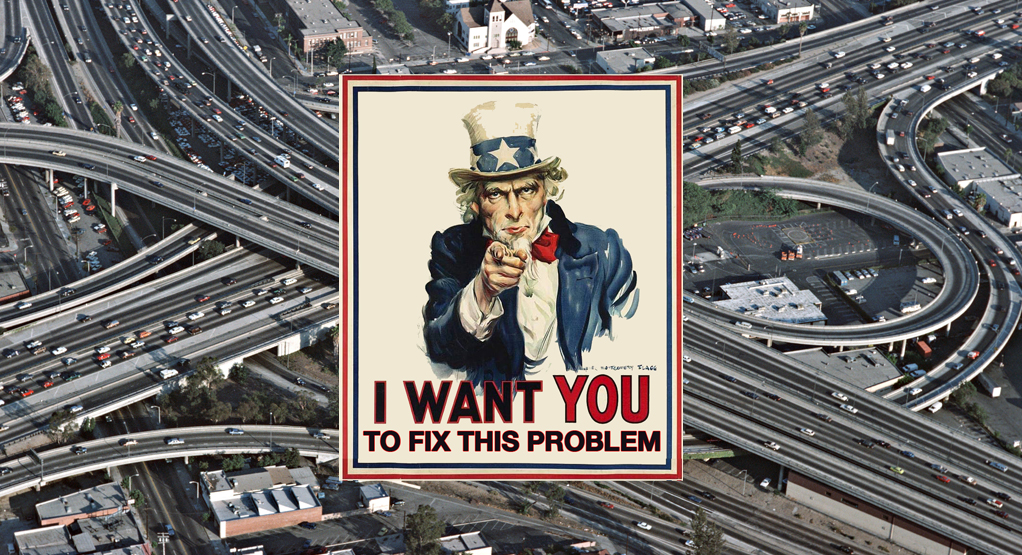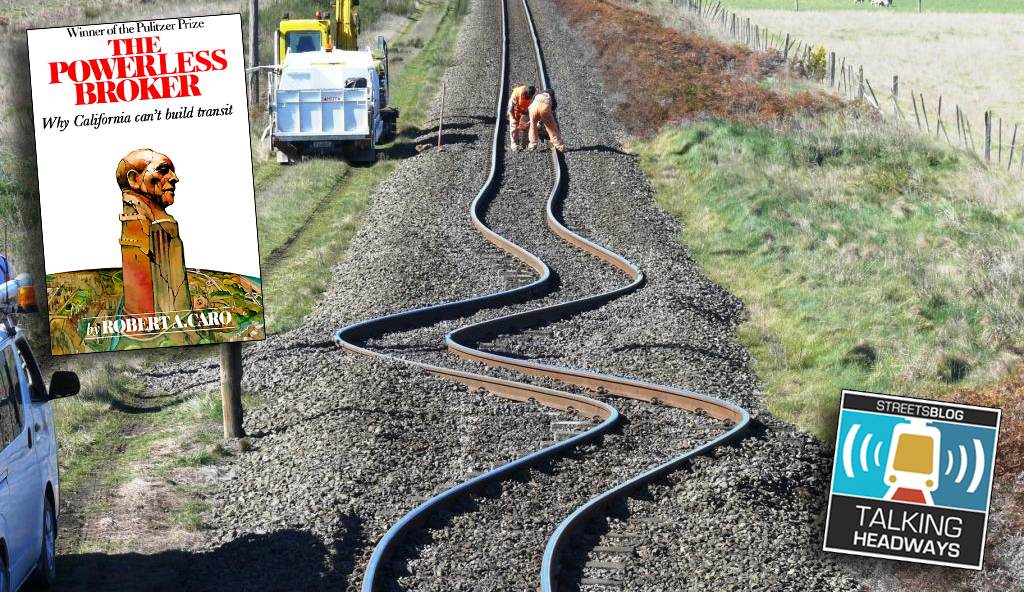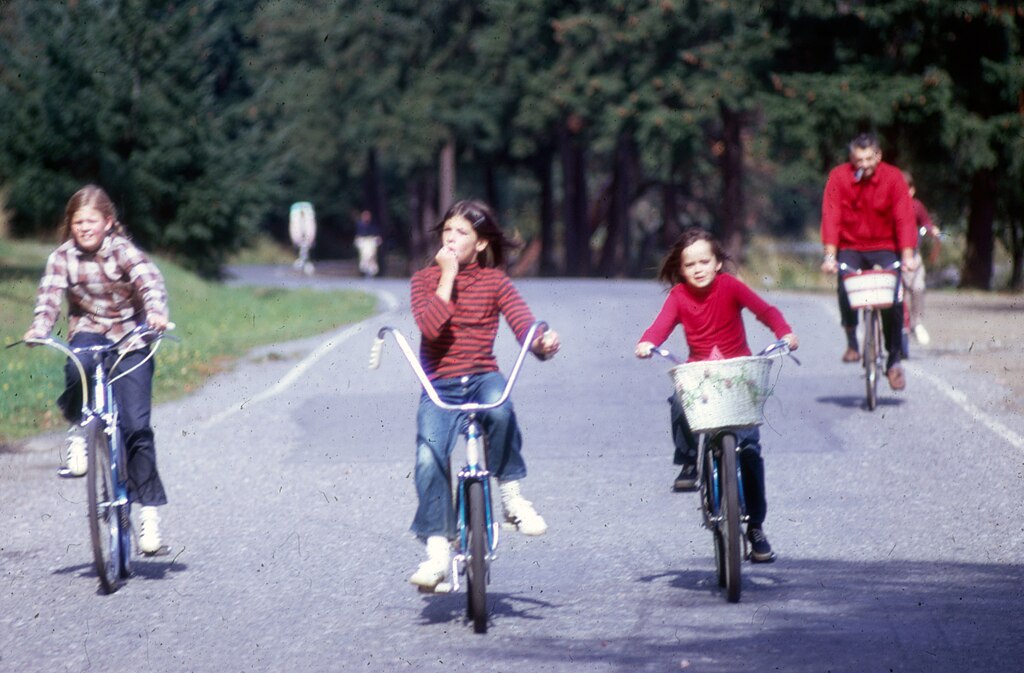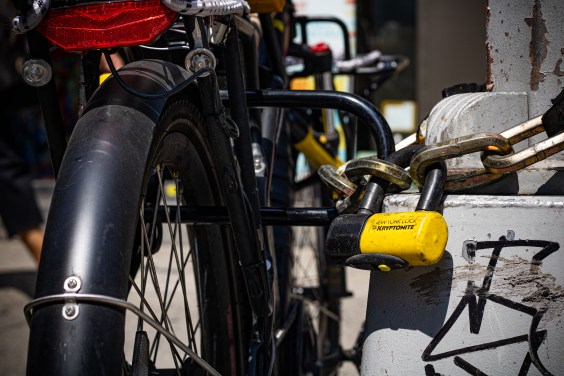- See Who Voted to Quash Sen. Paul’s Anti-Bicycle/Pedestrian Amendment (Bike League)
- Senate Vote Preserves Critical Transpo Funding, But Not Much for HSR (T4A, Transportation Nation)
- Who Is Lobbying DC’s Top Transportation Congressmen? (Transportation Nation)
- Public Transit Lobby Gets New Chief (Hill)
- Plan for HSR More Realistic, Much More Pricey (SFGate)
- FL Gov. Says HSR Cost Overruns in CA Explain His Prior Rejection of Federal Funds (Hill)
- Is America’s Infrastructure Really So Bad? Two Viewpoints (WaPo)
- Rural Officials Continue Attacks on Maryland Anti-Sprawl Plan (Baltimore Sun)
- Moving the Suburban Workplace of Thousands Drives Up Transpo Costs for Pentagon (WaPo)
- CT DOT Denies Permits for New Wheelchair-Accessible Cabs (CTMirror)
- UPS Seeks 40 Seasonal Workers for Bicycle Delivery (BikePortland)
Today's Headlines
Today’s Headlines
Stay in touch
Sign up for our free newsletter
More from Streetsblog USA
Advocates: Here’s What to Tell The Feds You Want From the Next Big Transportation Bill
You only have two more days to comment on the next surface transportation bill (the biggie!). So here are some thoughts about what you should say.
Monday’s Headlines Are Lukewarm, Neither Hot Nor Cold
Do micromobility devices that can reach speeds of up to 20 miles per hour, or even 60, belong on sidewalks, in bike lanes, on streets with cars or somewhere else?
Talking Headways Podcast: The Powerless Brokers
Colin Parent of Circulate San Diego on why California can't build transit.
Friday’s Free-Range Headlines
Bad drivers and giant trucks are ruining our children's childhoods, and more parents are speaking out.
‘A Tombstone’: Abandoned Bicycles Outside Federal Courthouse Are a Symbol of U.S. War on Immigrants
At least four bicycles and one moped are chained up and seemingly abandoned outside NYC's federal courthouse. They are symbols of America's war on immigrants.
Friday Video: The Ingredients of a Truly Great Street
This short film offers a recipe for a great right of way, and a wealth of inspiration for communities to design for people.





